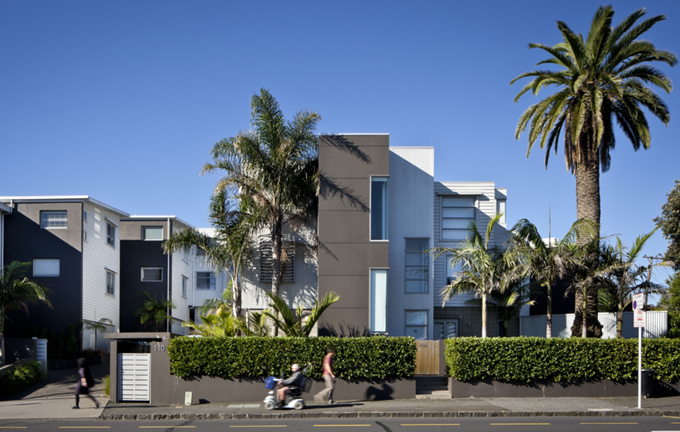A survey of more than 3000 Aucklanders has provided evolving insights into people’s housing and travel preferences.
A gradual shift from the standalone houses toward townhouses and, in some cases, apartments, was noted, reflecting previous research work, says a report by the New Zealand Centre for Sustainable Cities.
Affordability, travel play important role in preferences
“It’s notable that, when people face constrained choices, but take into account affordability, neighbourhood and travel, they don’t necessarily indicate a preference for standalone houses,” says Associate Professor Ralph Chapman of Victoria University, who led the survey work.
Members of Auckland Council’s People’s Panel, which affords a quick and easy way for Aucklanders to have their say on key issues, participated in the survey.
Presented with various choices to consider, people from a range of backgrounds listed three housing and neighbourhood attributes as most important. First was ‘affordability’ (94 per cent), second, a warm and dry house (92 per cent) and third, a safe neighbourhood (88 per cent).
A standalone home also ranked highly, at 70 per cent.
Transport access ranked highly
On transport access, the option chosen most was location ‘very close’ to the local town centre and CBD (five-minute walk to the town centre and five to 15 minute drive or bus to the CBD) and ‘fairly close’ (10-minute walk to the town centre and 15 to 30 minute drive or bus to the CBD).
One-third of respondents preferred to drive for their daily commute, while public transport and walking were each preferred by over a quarter of people. Cycling was the least-preferred mode of transport (11 per cent).
Professor Chapman said it was interesting how many Aucklanders now prefer not to use a car for commuting. “This reflects the importance of easy access to public transport."
Size, cost top housing problems
Common housing issues raised by respondents were given as housing being too small, expensive, cold or difficult to heat, and in poor condition.
Regan Solomon, Auckland Council's Manager of Land Use, Infrastructure Research and Evaluation, said: “There is a lot to the research and the results are consistent with other research showing that choices are constrained and that preferences are shifting towards denser housing typologies.”


